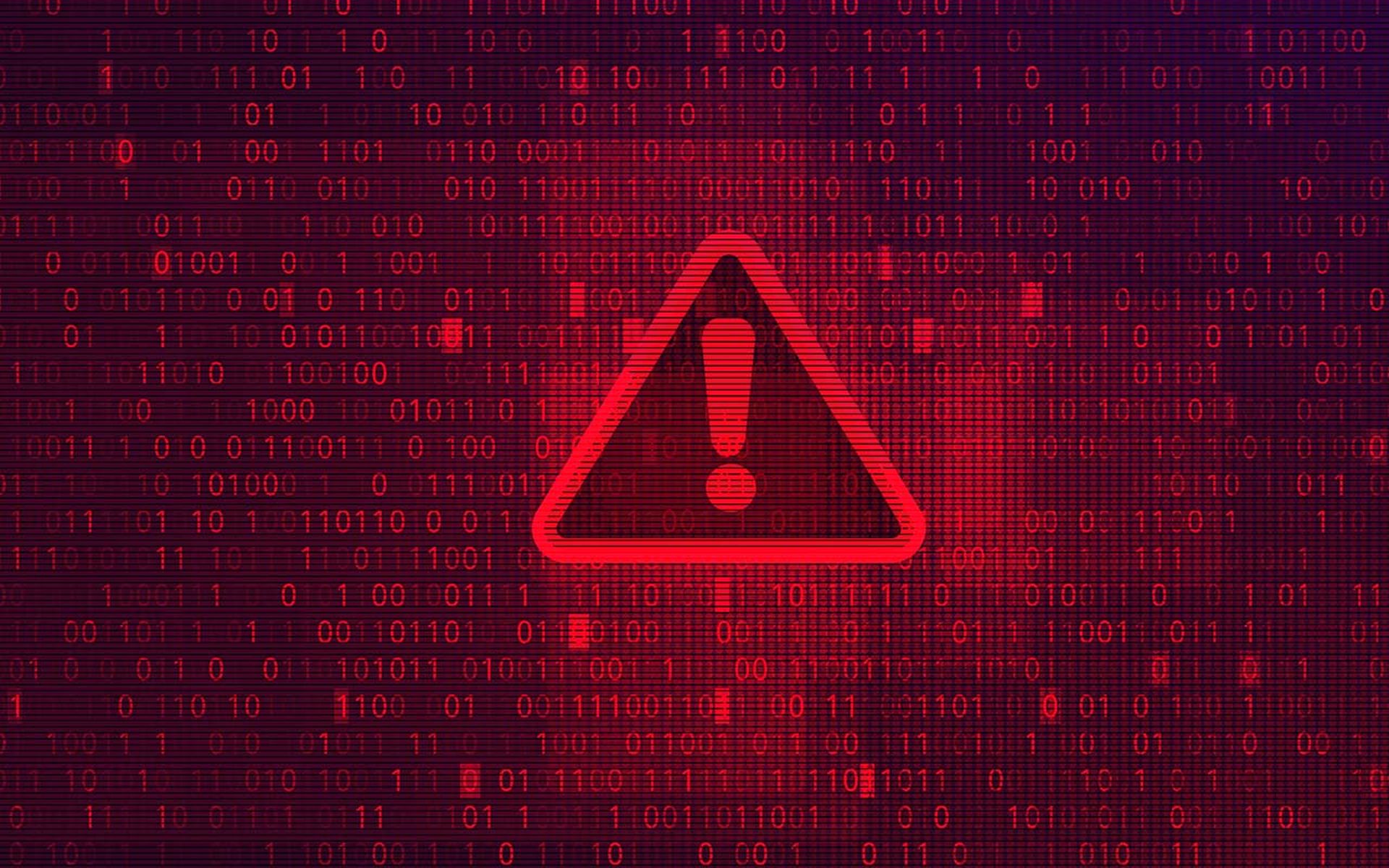Russia has continued its assault on the underpinnings of U.S. democracy, sowing discord among the electorate in some instances by marshaling bots to mount disinformation campaigns, and will likely ply its cyber and propaganda skills to intrude on the 2018 midterm elections much as it did during the presidential election in 2016, members of the intelligence community told the Senate Intelligence Committee Tuesday.
“There should be no doubt that Russia perceives its past efforts as successful and views the 2018 U.S. midterm elections as a potential target for Russian influence operations,” Director of National Intelligence (DNI) Dan Coats testified during the committee's annual Worldwide Threats hearing.
While the White House earlier this year declined, for the time being at least, to impose additional sanctions on Russia for its interference in the 2016 presidential election – with the State Department saying a sanction law is already “serving as a deterrent” – Committee Vice Chairman Sen. Mark Warner (D-Va.) called Russia's efforts to exert influence "a dangerous trend" that “should alarm us all, Republican and Democrat alike."
Evidence of Russia's meddling in the U.S. election continues to expand. Department of Homeland Security (DHS) cybersecurity chief Jeanette Manfra confirmed last week that Russian hackers successfully penetrated voter registration rolls in a number of the 21 U.S. states known to have been targeted in 2016.
More broadly, Coats pegged cyber as a “top priority” that eclipses even more traditional threats. "From U.S. businesses to the federal government to state and local governments, the United States is threatened by cyberattacks every day,” he said.
Committee Chairman Sen. Richard Burr (R-N.C.), called cyber “clearly the most challenging threat vector this country faces," pointing to “how many aspects of our daily lives can be disrupted by a well-planned, well-executed cyberattack."
While the FBI "can't fully police social media” to prevent and thwart attacks, FBI Director Christopher Wray said law enforcement has to work with companies like Facebook, Twitter and Google “so they can police themselves better."
Wray contended that the relationship between the government and social media giants has grown better in the aftermath of Russia's influence campaigns during the 2016 election season and beyond.
And the FBI director said the agency "taking a lot of specific efforts to blunt Russian efforts" though "not as specifically directed by the president."
"Today our intelligence leaders highlighted an urgent call to action - cybersecurity is a matter of national security. Nothing is immune from the cyber threat. Not our airports, power plants, banks or hospitals. Not even our voting systems, the very basis of our democracy," said Michael Daly, CTO of cybersecurity, Raytheon Company. "It's time to reshape the cyber landscape with a national defense doctrine that increases investment in our infrastructure, technologies, and training to deter our adversaries."


